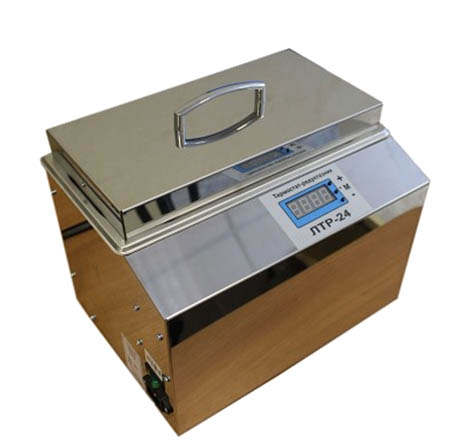Bloomberg Learns About Accumulation of Tankers Carrying Russian Oil Off the Coast of China

Five tankers with almost 4 million barrels of Russian Sokol and ESPO crude oil are idle off the coast of China, four of which have fallen under US sanctions , Bloomberg writes, citing Kpler data.
The volume of "stuck" oil has almost doubled in a couple of days and is expected to grow further in the near future, the agency writes. A number of key Chinese ports, concentrated in the eastern province of Shandong, are wary of handling the fuel, despite the fact that new US sanctions have not yet come into force, Bloomberg writes.
Shipbrokers told the agency that they do not rule out an increase in the number of ship-to-ship transfers of fuel, as well as the use of smaller ports. As Bloomberg notes, crudeSokol and ESPO crude oil from the Far East "is popular with Chinese refineries due to its relatively low cost and fast transportation."
On January 10, the United States imposed sanctions against Russia's energy sector, which it called the most significant ever. The restrictions targeted, in particular, Gazprom Neft, Surgutneftegaz and their subsidiaries, more than 180 vessels that Washington considered a "shadow fleet" for oil supplies, as well as AlfaStrakhovanie and Ingosstrakh, which insured marine transportation.
Against this backdrop, about 65 oil tankers stopped off the coast of China, Russia and Singapore, Reuters reported on January 14. Bloomberg, citing traders, reported Beijing's plans to urgently purchase crude oil from the Middle East and Africa, as well as from North and South America, amid concerns about supply disruptions due to tightening sanctions against Moscow and Tehran. According to the agency, China refused to accept three vessels — Huihai Pacific, Mermar and Olia — with more than 2 million barrels of oil that left the Far East.
Moscow considers Western sanctions illegal and demands that they be lifted. As Gazprom Neft told RBC, the company was preparing for various scenarios, so the “sustainability of the business” will be preserved. The Kremlin promised to analyze the current situation and take measures “that would minimize the consequences” of the US sanctions.
Read RBC on Telegram .




























































